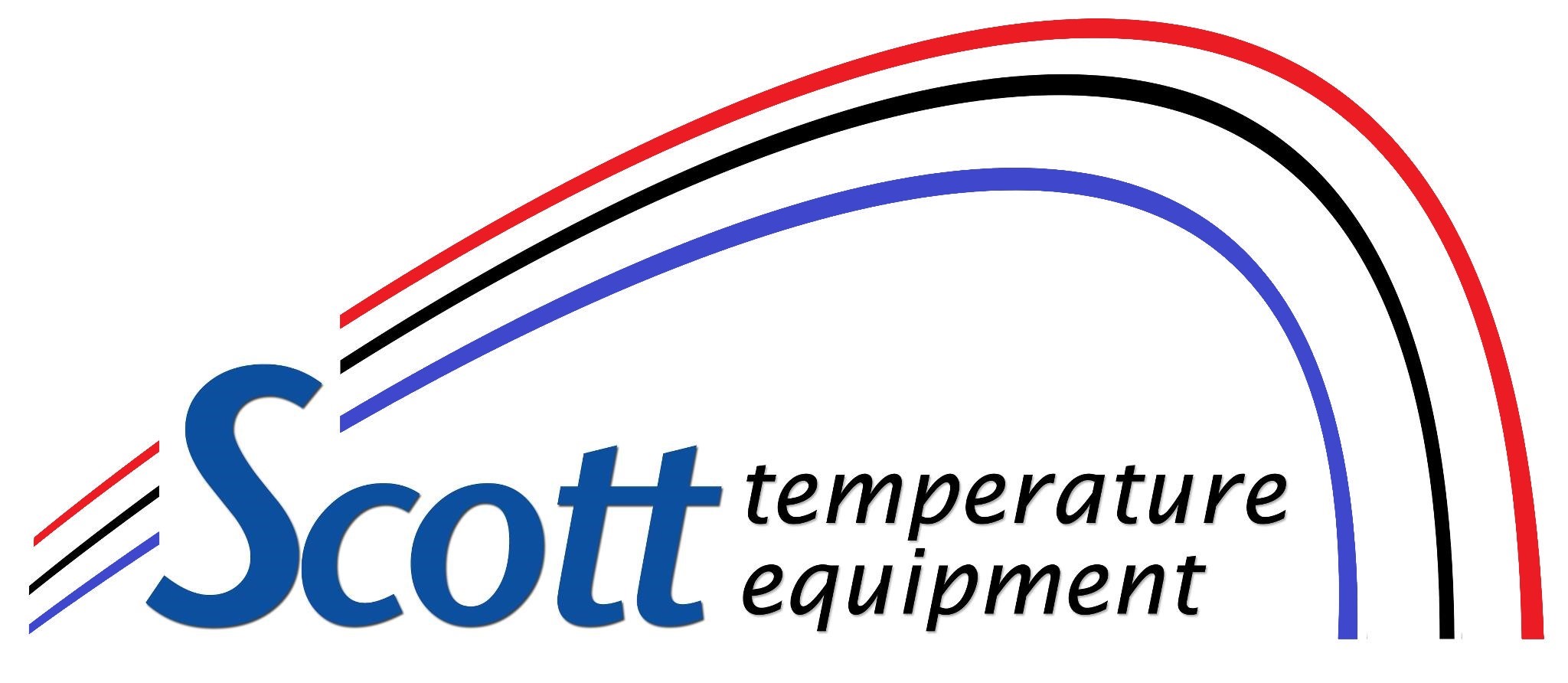
Major changes are on the way for the heating and cooling business! Cooling systems moving from R-410a to newer refrigerants like R-454B refrigerant and R-32 refrigerant will be implemented in 2025. These new coolants are developed to be more beneficial to the environment and comply with updated regulations about global warming. But what does that mean for your existing HVAC system and upcoming services?
This shift will reduce the environmental impact of our air conditioning systems. Beginning in 2025, new AC systems will use new class of refrigerants that better align with climate goals. If you're thinking about getting an AC replacement soon, this is the ideal time to explore how these changes can influence your home's comfort.
Why Are They Phasing Out R-410a for New HVAC Refrigerant?
For years, R-410a was the standard refrigerant for residential air conditioners because of its efficiency. But research revealed that R-410a still affects global warming. Because of this, the Environmental Protection Agency (EPA) established a plan back in 2021. The industry will progressively discontinue R-410a to make room for refrigerants that are more environmentally friendly.
The HVAC industry has made transitions like this before. When the industry moved away from using R-22 (commonly called Freon) to R-410a, residents like you had to adapt. And similarly, this change will affect how systems are engineered as well as the optimal methods for HVAC maintenance. Both homeowners and HVAC technicians must get ready for these new refrigerants if they wish to continue enjoying the most reliable, most economical cooling possible.
Which New Refrigerant Is Replacing R-410a?
The coming refrigerants belong to the new "A2L" classification and contain the newest R-454B refrigerant and R-32 refrigerant coolants. They're designed to offer the same efficient cooling while substantially decreasing their global warming potential (GWP) compared to R-410a.
R-454B refrigerant is anticipated to be particularly effective due to its GWP being approximately 78% lower than R-410a. While R-454B refrigerant is believed to be more flammable than R-410a, updates to system manufacturing and maintenance practices will ensure servicing is just as safe to perform. Additionally, today's cooling systems using R-454B refrigerant are considerably more energy efficient, resulting in big savings on energy bills over time, especially if you keep up with routine HVAC maintenance.
This change isn't only about changing the refrigerant—it impacts the whole HVAC system because the characteristics of R-454B refrigerant make it not suitable for use in older systems. Eventually, every residence and business using R-410a will have to upgrade to one of the new systems.
R-410a Replacement: What Should I Consider in Order to Make the Shift to New HVAC Refrigerants?
Changing to the new refrigerants isn't as straightforward as swapping out the new coolants with what's used in your home's HVAC system. That's because the different properties of R-454B refrigerant and R-32 refrigerant mean you can't use the new refrigerants in a system designed to use R-410a. But rest assured—you can keep using your current R-410a system for now. Just be aware that as time passes, the expense of repairs and tune-ups will go up as R-410a becomes scarcer.
Preparing in advance is the optimal way to manage things. If your AC system is currently getting old, this is the best time to think about upgrading to a newer model that uses the new R-454B refrigerant. Plus, the staff here at Scott Temperature can assist you in making the transition with flexible options for HVAC replacement financing.
What HVAC Refrigerant Does My Air Conditioner Use?
Not sure which refrigerant your AC system employs? In general, you can easily find this information by examining the label on your outdoor unit. This label displays the type of refrigerant, the model number and numerous other particulars about your cooling system.
But if you are unable to decipher the label or can't find your user manual, don't stress! You can always connect with one of the professional technicians at Scott Temperature to assist you in figuring it out. Get all the info you need by reaching out at 785-269-0465.
